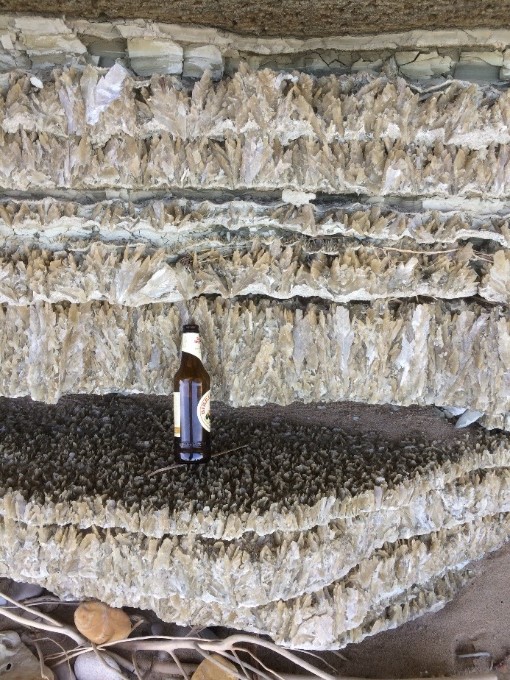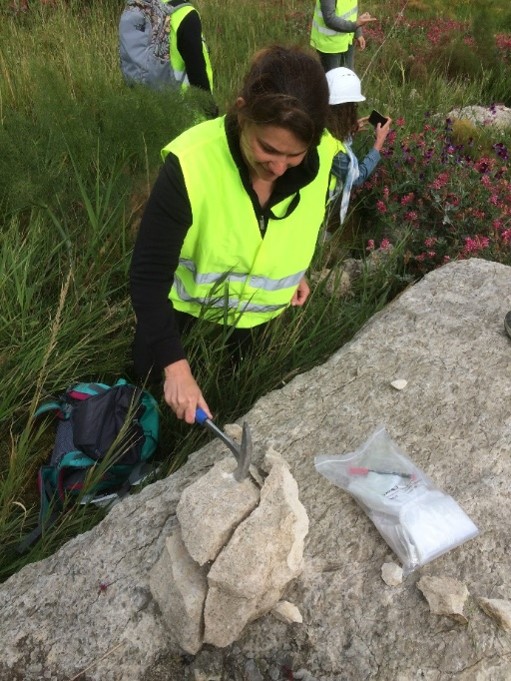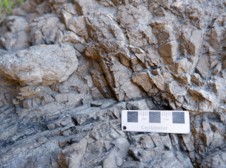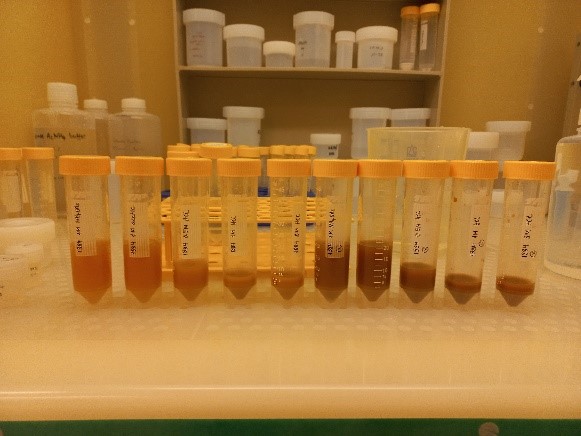New records of ocean chemistry
Predictions on future environmental challenges are often based on an understanding of past events reaching far back in Earth’s history. Investigating changes in past ocean chemistry can give us insights into, e.g., past marine biogeochemical cycling, and oceanic redox controls, helping us deepen our understanding of feedback processes and their environmental drivers. Marine sediments can harbor useful information as they potentially record metal isotope signatures which we can use to identify such processes.
The research work of this group centers on the development, validation, and interpretation of metal isotope records in sedimentary archives, with a focus on marine carbonates, evaporites, and shales. At our clean lab facility at ETH Zürich, we determine the isotope composition of metals, such as Zn, Ni, U, Mg, and stable-Sr, in such marine sediments, and conduct experiments and modelling to interpret them.
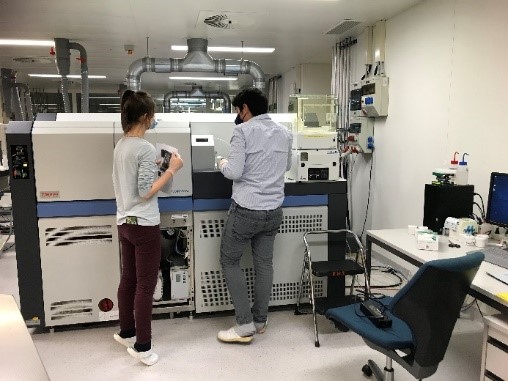
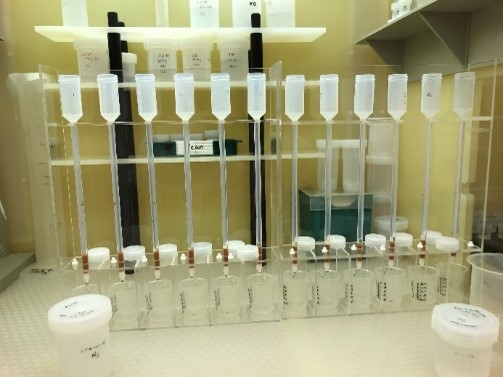
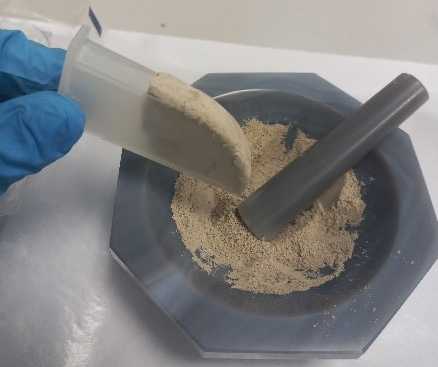
Student projects
- Duncan, D. (Master's thesis): “A reconstruction of Middle and Upper Triassic seawater δ26Mg from dolomites of the Lombardian Alps.”
- Seitz, C. (Bachelor's thesis): “Relations between clumped isotopes temperature and Mg isotope composition (δ26Mg) in dolostones.”
Selected publications
- Clarkson, M.O. et al. (2023) external page Earth-Sci. Rev. 237, 104306.
- Müsing, K., Clarkson, M.O., Vance, D. (2022) external page Geochim. Cosmochim. Acta 324, 26-43.
- Shalev, N., Bontognali, T.R.R., Vance D. (2021) external page Geology 49, 253-257.
- Shalev, N. et al. (2021) external page Geochimica et Cosmochimica Acta, 301, pp.30-47.
- Clarkson, M. O. et al. (2020) external page Chem. Geol. 539, 119412.
- Shalev, N. et al. (2019) external page Nature communications, 10(1), p.5646.
